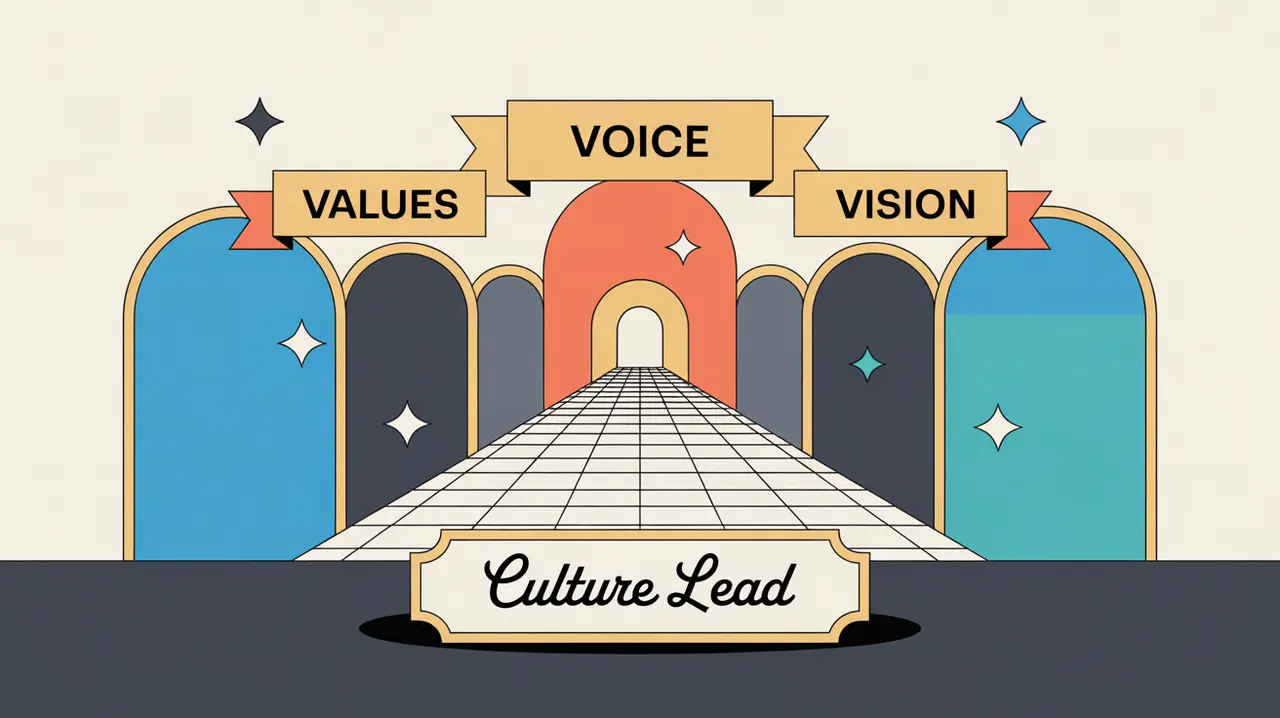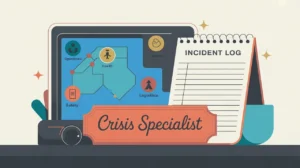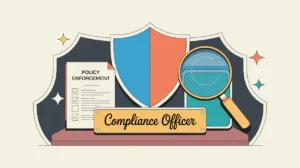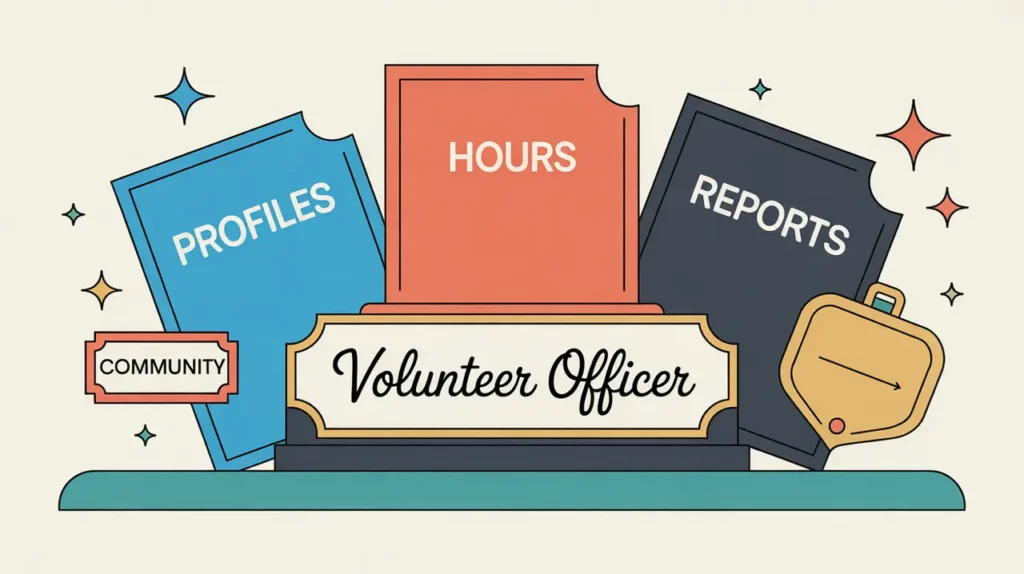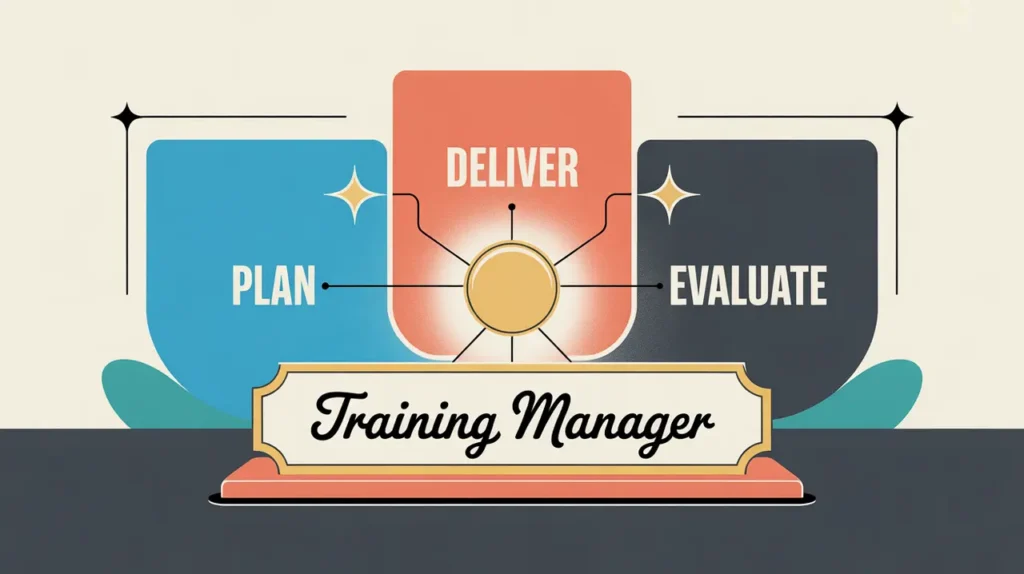What Does the Culture Lead Role Involve?
A culture lead shapes and drives the organization’s culture strategy to ensure that values, behaviors, and workplace practices are aligned with its mission and goals. This involves designing initiatives that strengthen employee engagement, embedding cultural values into systems and processes, guiding leadership on culture-related issues, and ensuring that the organization’s internal environment reflects its external commitments. The role typically sits within human resources, people and culture, or organizational development functions depending on the organization’s structure. In both nonprofits and social enterprises, culture leads play a key role in cultivating inclusive, cohesive, and values-driven workplaces that enable staff to collaborate effectively and sustain impact.
At What Level does this Role Operate?
Senior Level: This role typically reports to a director of people and culture, chief people officer, or senior organizational leader. It involves strategic planning, cross-departmental collaboration, and leadership of culture-related initiatives, often with supervisory responsibilities for coordinators or specialists.
Relative Employability: Culture lead roles are increasingly in demand across nonprofits, social enterprises, and mission-driven organizations. As workplace culture becomes a central driver of retention, performance, and alignment, organizations seek professionals who can lead culture strategically.
Relative Pay Scale: Within nonprofits and social enterprises, culture lead roles sit in the upper mid to senior pay bands, reflecting their strategic importance and leadership responsibilities.
What are the Key Responsibilities and Activities?
- Design and implement strategies to strengthen organizational culture and align it with mission and values
- Collaborate with leadership and HR teams to embed cultural principles into systems, policies, and practices
- Lead initiatives that promote inclusion, engagement, and shared values across the organization
- Provide guidance and support to managers on cultural issues and team dynamics
- Oversee culture-related events, rituals, communications, and feedback mechanisms
- Monitor staff engagement trends and advise leadership on opportunities for improvement
- Supervise and mentor culture coordinators or specialists
- Represent the culture function in cross-organizational initiatives and strategic planning processes
What Core Competencies and Qualifications are Needed?
Required Qualifications and Experience
The following reflect common qualifications and experience expected for this role, while recognizing that pathways may vary by context, organization, and region.
- Relevant academic background in human resources, organizational development, communications, or a related field, or equivalent professional experience
- Several years of experience in HR, organizational culture, employee engagement, or internal communications
- Demonstrated ability to design and implement culture strategies across diverse teams
- Strong understanding of organizational dynamics, change management, and values-driven leadership
- Experience managing staff or leading cross-functional projects
Key Competencies
- Strategic thinking and cultural leadership
- Strong communication and advisory skills
- Organizational development and change management abilities
- Team leadership and collaboration
- Analytical skills for interpreting engagement data and trends
- Creativity and cultural fluency
How are AI and Automation Shaping this Role?
An AI-native culture lead will look to AI and automation to analyze engagement data, surface insights from employee feedback, and model the impact of culture initiatives over time. They can use AI tools to identify emerging patterns in workplace dynamics, forecast engagement trends, and recommend tailored interventions. Automation can support communication workflows, feedback loops, and reporting processes, allowing the culture lead to focus on strategic leadership and cultural stewardship. By integrating AI thoughtfully, culture leads can build more responsive, evidence-informed cultural strategies.
What Career Pathways and Transferable Skills are Associated with this Role?
Culture lead roles often lead to director of people and culture, HR director, or chief people officer positions. The skills developed in strategic cultural leadership, organizational development, and cross-functional collaboration are transferable across nonprofits, social enterprises, corporations, educational institutions, and philanthropic organizations. Professionals in this role are well positioned to influence organizational identity and employee experience at senior levels.
